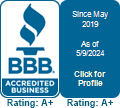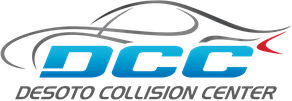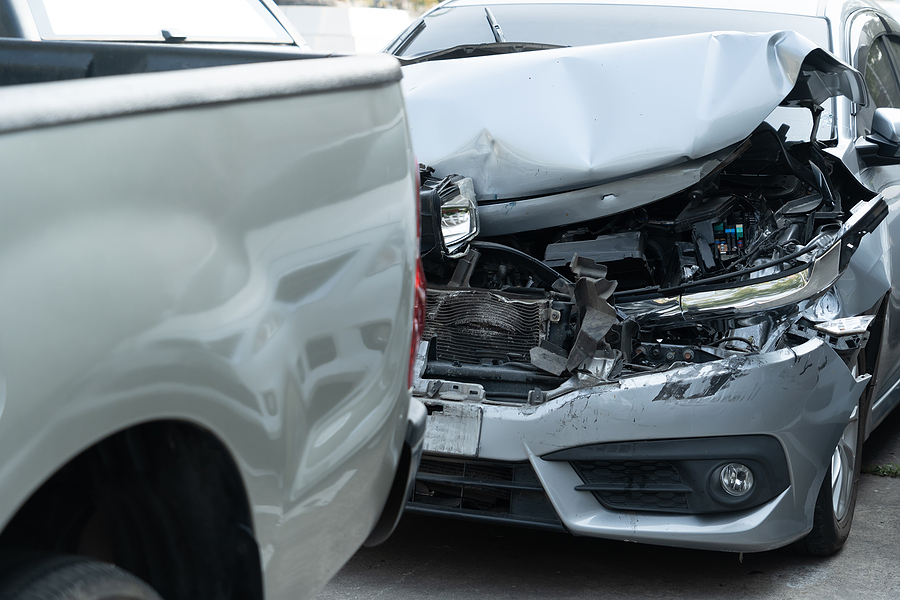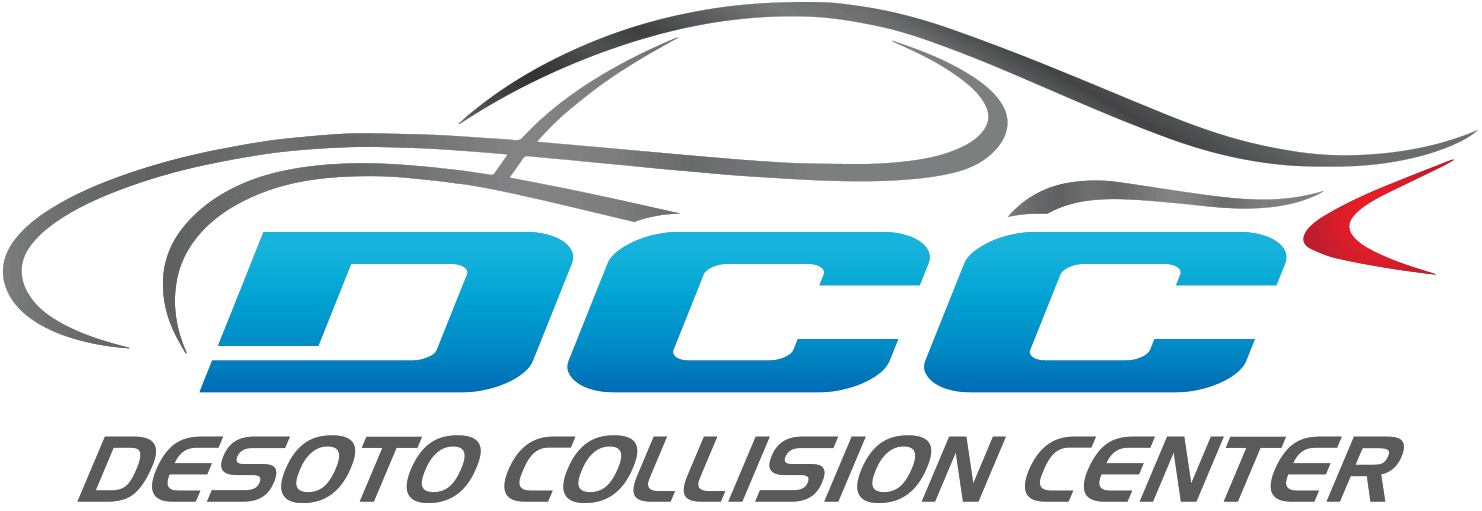Traffic accidents are an inevitable part of driving and can happen at any time. Preparing for the eventuality of a collision with the help of an auto accident checklist can help you to limit the immediate and long-term damage to your vehicle.
In this guide, we provide the ultimate accident checklist and explore what you can do to prepare for a crash, both at the scene and when you get home.
Pre-Accident Preparation – Auto Insurance and Emergency Supplies
Accidents can be incredibly expensive. Some estimates put the average auto accident settlement for minor-to-moderate collisions at any amount from $20,000 to $30,000.
The first precaution you should take is ensuring that you have an adequate auto insurance policy. Pay special attention to the following aspects of your insurance policy:
- Auto repair cost limits
- Medical cost limits
- Types of claims covered
- Your insurance deductibles
The next thing you should have on your auto accident checklist is emergency supplies to help you at the scene of the crash. Common items include:
- Blankets
- Bottled water
- Disposable camera
- Flashlight
- Jumper cables
- Notebook and pens
- Non-perishable foods
- Well-stocked first aid kit
These items may seem insignificant, but they could end up saving your life and cutting your insurance costs.
At the Scene of an Accident – Getting Help and Collecting Evidence
When a traffic accident occurs, it can be challenging to get help, especially if you’re severely injured. You may be able to repair damaged property, but damage to your body may prove untreatable if you don’t seek help in time.
Once you’ve overcome the initial shock, get yourself and everyone involved safely out of the road. Call 911 for police and first responder assistance even if you don’t believe there is an emergency. This process also acts as proof of police notification, which will later help your insurance claim.
Compose yourself as much as possible, and take your time to collect all the facts and evidence you can. Your list should include:
- Accident date, time, and location
- Description of how the accident occurred
- Contact information and driver’s license details for all drivers
- Contact information for witnesses
- Vehicle(s) make, year, license plate(s), and VIN number(s)
- Police officers’ name(s), contact details, badge number(s), and precinct
- Type of violation cited
- Whether a court summons was issued and to whom
To save time and ensure that you have all the facts, you can also snap pictures of the scene if you are physically able to do so. Remember to keep calm and avoid getting into any arguments. Don’t feel pressured to sign or admit to anything, and focus on contacting your loved ones, getting any medical attention needed, going home, and getting some rest.
After an Accident – Contacting Your Insurer
Once you’ve had ample time to rest, notify your insurance provider or agent about the crash. If the collision was not your fault, it is unlikely that your insurance premium will rise.
It’s also a good idea to notify the Department of Motor Vehicles within a couple of days of the accident. Failure to do so within ten days of the crash could lead to the DMV suspending your license.
Once you’ve completed these procedures, be sure to get in touch with us at Desoto Collision Center to see about repairing the damage to your car. We offer top-notch auto body and frame repairs and outstanding customer service to get you back on the road safely and quickly.
Please contact us online or call your nearest Desoto Collision Center branch for assistance.



